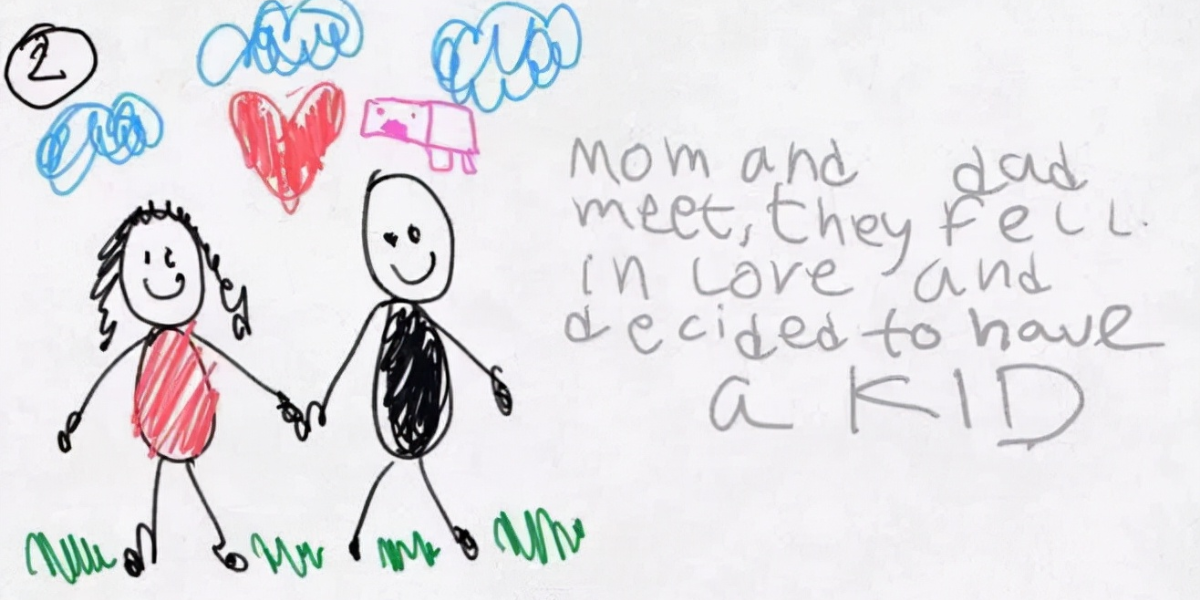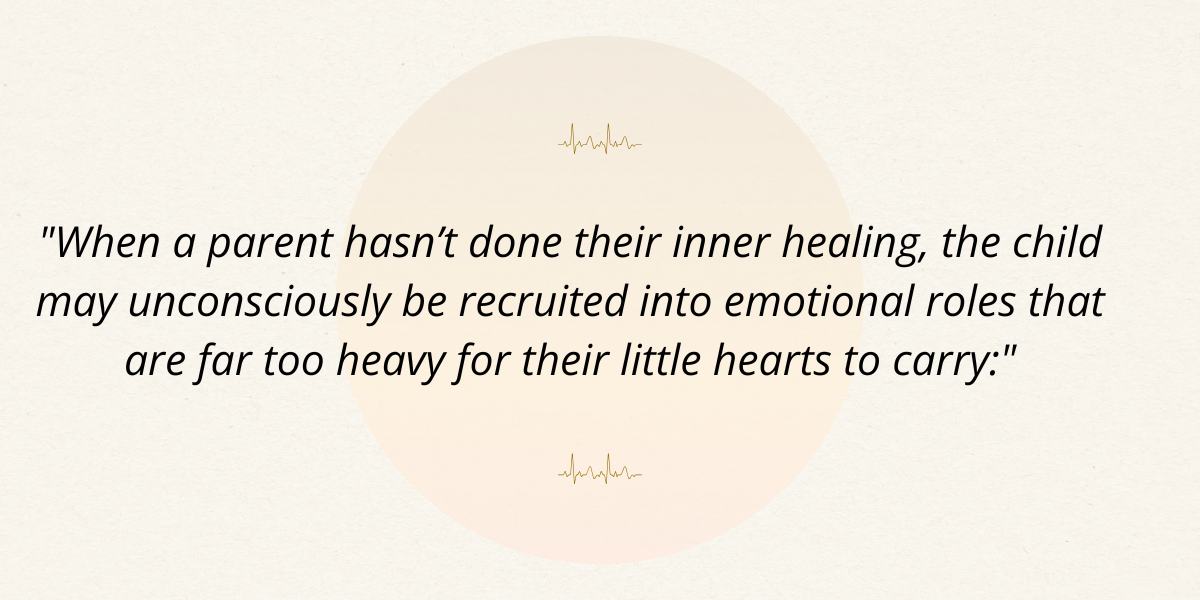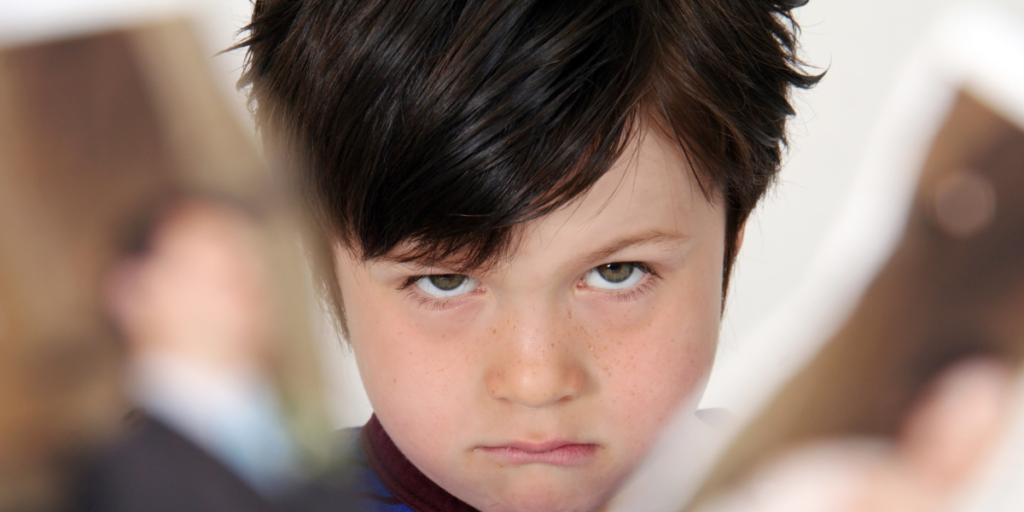Family separation — whether through divorce, breakup, or prolonged conflict — is emotionally stormy for everyone, but especially for the children caught in the middle. While parents often focus on navigating their own pain, anger, or grief, they may not realize that their children are silently stepping into emotional roles far too heavy for young hearts to carry.
One of the most painful — and often invisible — patterns is the loyalty bind, where a child feels torn between two parents, believing that showing love or closeness to one will betray or hurt the other. Loyalty binds, along with several other emotional caretaker roles, can develop unconsciously and indirectly — even in families where the parents are trying their best.
How Loyalty Binds and Emotional Roles Develop
Children are incredibly sensitive. They don’t need anyone to explicitly tell them to take sides — they pick up on unspoken tensions, emotional cues, and subtle behaviours.
Even without intentional pressure, children can absorb messages like:
-
Feeling guilty for enjoying time with one parent
-
Sensing a parent’s sadness, anger, or hurt when the other parent is mentioned
-
Hiding positive experiences to avoid “hurting” one parent’s feelings
-
Feeling responsible for keeping the peace or holding the family together
Over time, these experiences can push children into emotional roles that aren’t theirs to carry.
The Emotional Roles Children Fall Into During Separation
-
The Emotional Caretaker — Absorbing a parent’s pain, becoming hyper-attuned to their moods, and taking on emotional responsibilities that no child should bear.
-
The Fixer — Trying to solve adult problems, mediate conflicts, or “patch up” the family system — even though it’s far beyond their role or ability.
-
The Peacemaker — Silencing their own feelings or needs to avoid conflict, walking on eggshells to maintain calm.
-
The Perfect Child — Believing they must earn love by being flawless, driven by fear: “If I mess up, will I still be worthy of love?”
-
The Loyalty-Bound Child — Feeling trapped between two parents, believing they must “choose sides” or protect one parent emotionally — often at the cost of their own authenticity and wellbeing.
The Invisible Cost on Children
While these roles may help stabilize the family in the short term, they carry long-term emotional costs. Children lose the freedom to just be children — to express their true feelings, to make mistakes without fear, and to love both parents without guilt.
Left unaddressed, these roles can lead to:
-
Anxiety and people-pleasing tendencies
-
Suppressed anger or emotional numbness
-
Low self-worth or a distorted sense of responsibility
-
Difficulty trusting or expressing needs in future relationships
How Parents Can Help Break the Loyalty Bind
The good news: parents can take intentional steps to protect their child from loyalty binds and release them from emotional roles they were never meant to carry.
-
Notice the indirect pressure. Even a sigh, a look, or a subtle comment about the other parent can speak volumes.
-
Encourage love for both parents. Support your child’s relationship with the other parent — even if your own relationship is strained.
-
Don’t lean on them emotionally. Reassure them: “You don’t need to worry about me — I’ve got adult support.”
-
Own your slips. If you vented or placed them in the middle, apologize and remind them they’re not responsible for your feelings.
Let Them See Sadness — But Don’t Make Them Fix It
As J. Milburn wisely said:
“It’s OK for our children to see us experiencing sad emotions. It’s not OK if we make it their job to fix these emotions.”
Children learn by watching us. Letting them see us feeling sad, disappointed, or stressed teaches them emotional honesty — but it’s not their job to cheer us up, make things better, or carry our emotional weight.
They are not your counsellor. They are not your sounding board. They are your child.
Let them know:
-
It’s okay to have hard days.
-
It’s not their fault.
-
You have adult support — so they don’t need to carry your feelings.
This simple but powerful boundary protects their emotional safety and preserves the child-parent relationship — one where love flows down, not pressure up.
Final Thought
Family separation is hard. No parent gets it perfect. But small, conscious efforts can spare children from carrying burdens that don’t belong to them.
By staying mindful of loyalty binds and emotional roles, you give your child a lasting gift:
🧡 The freedom to love both parents without guilt
🧡 The freedom to express themselves honestly
🧡 The freedom to grow up without carrying adult pain
Healing doesn’t require perfection — it requires presence, awareness, and love.
And if this feels overwhelming or familiar, you don’t have to do it alone.
Reach out for support — whether it’s counselling, parenting coaching, co-parenting workshops, or trusted professionals.
Getting help is not a sign of failure — it’s a step toward healing, for both you and your child.






